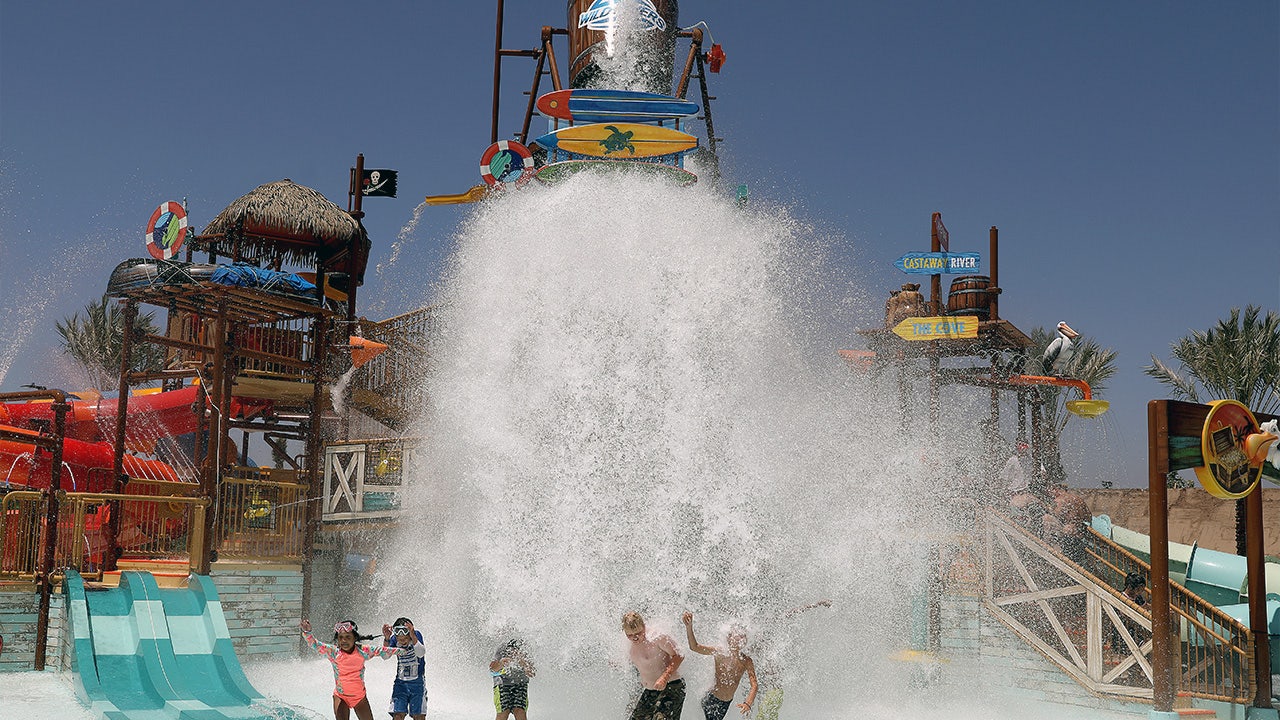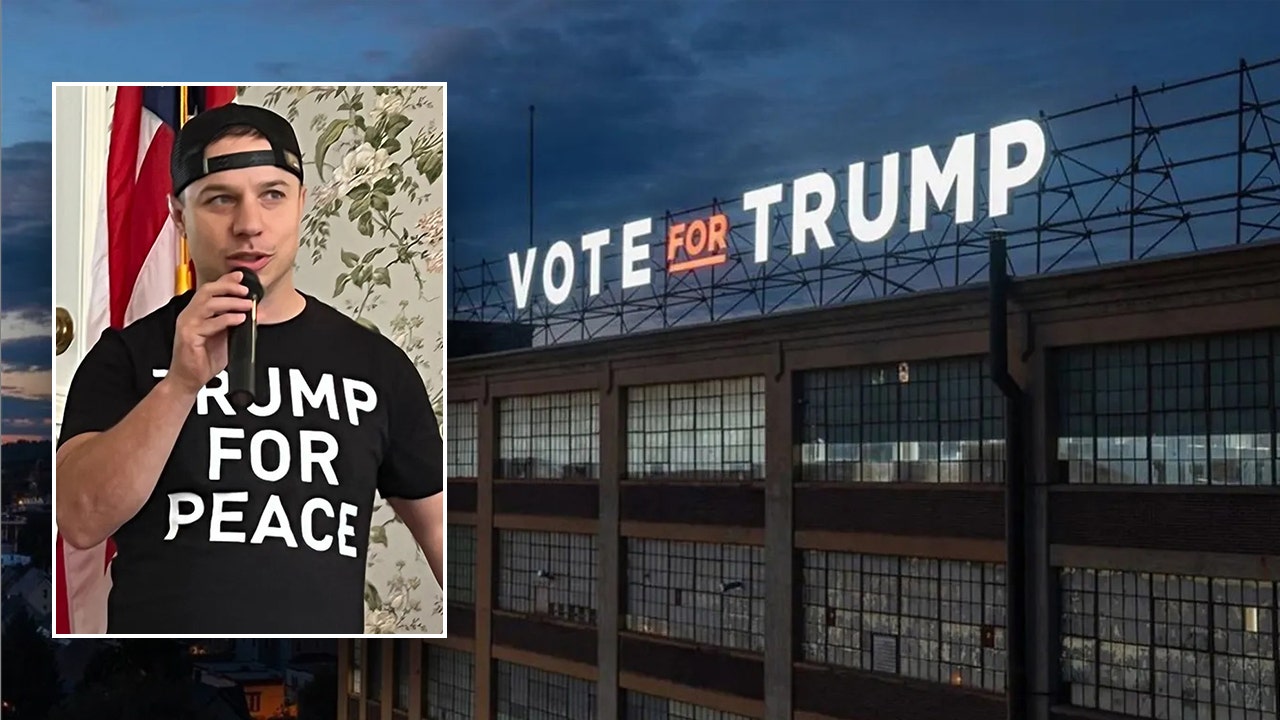There were glimpses of it, though. It’s tough to identify the nadir of Mr. Trump’s bad behavior in New York, but I believe it was in 1989, when he took out ads in major media outlets (including this one) calling for the death penalty to be reinstated in New York State after five Black and Latino teenagers were accused of raping a jogger in Central Park. The five men had their convictions vacated in 2002, but Mr. Trump still refuses, out of malice or vanity, to apologize or acknowledge their innocence. When asked whether he believes they should have been convicted, he still insists that they admitted their guilt.
One of the men, Yusef Salaam, is now a member of the New York City Council. The day Mr. Trump was arrested in April of 2023, Mr. Salaam wrote, in an ad mocked up to look like Mr. Trump’s original, “I hope that you exercise your civil liberties to the fullest, and that you get what the Exonerated Five did not get — a presumption of innocence and a fair trial.”
And that’s what he’s getting, at last.
In many ways Mr. Trump’s success outside of New York is a function of a characteristic he has that the city itself does not: an inferiority complex. Even when confronted with evidence of his wrongdoing, he insists that he is a victim, and now so are the people who vote for him. When he was indicted in Georgia, he told his followers, “They’re not coming after me. They’re coming after you — and I’m just standing in their way.”
Mr. Trump was successful in part because he projected his own anxieties onto the people who were loyal to him. When pressuring the Georgia secretary of state, Brad Raffensperger, to help him overturn the results of the 2020 election, he said, “They’re going around playing you and laughing at you behind your back, Brad, whether you know it or not, they’re laughing at you.” Mr. Trump both fears and loathes being laughed at, and publicly seethed his way through the White House Correspondents Dinner in 2011 when, as expected, he was the butt of some of the jokes. “He was pissed off like I’d never seen him before,” Chris Christie later said. “Just beside himself with fury.” The evening confirmed Mr. Trump’s suspicions that the elites were sneering at him and he wasn’t in on their jokes.
In this sense he’s a lot like Richard Nixon, who, as his former aide Tom Charles Huston said, understood “in his gut” when middle-class people “felt they were being put upon, because he felt he had been put upon.”






